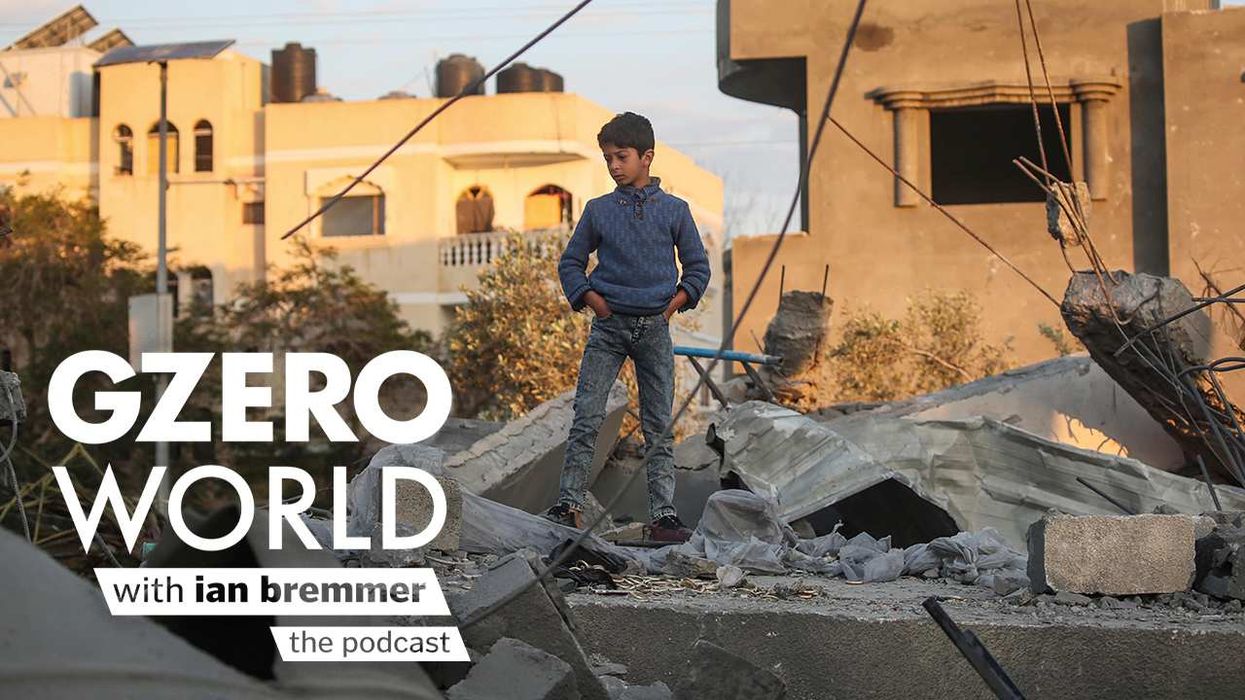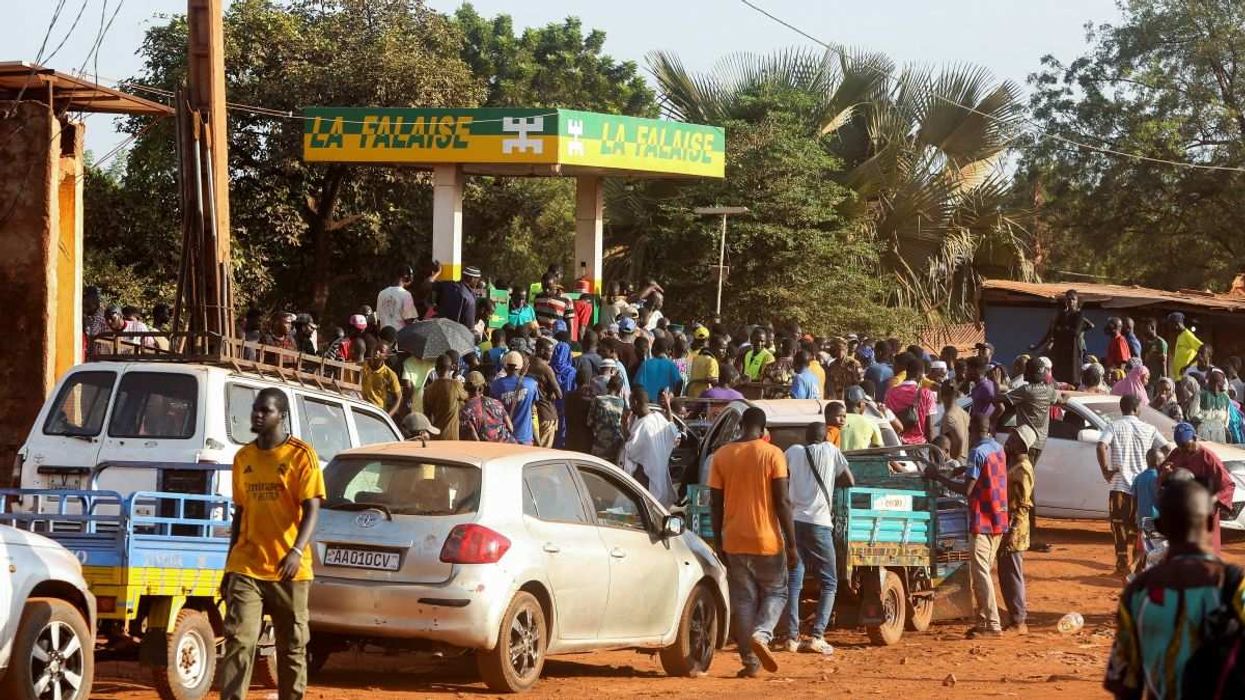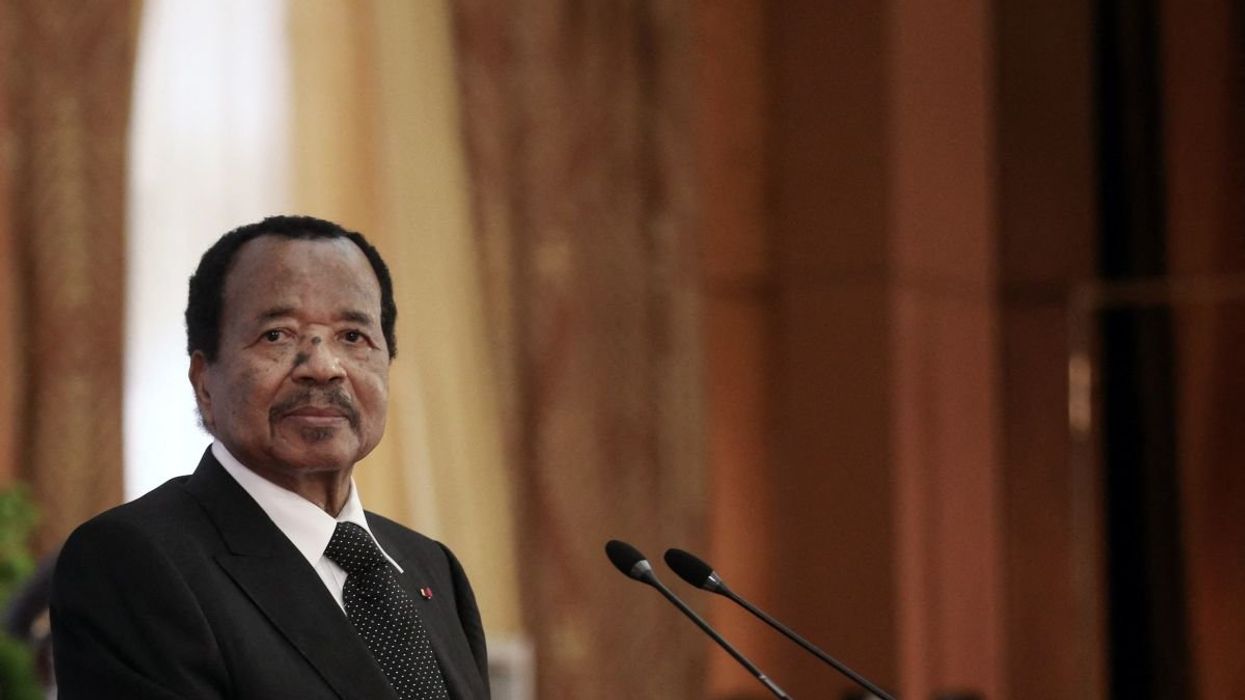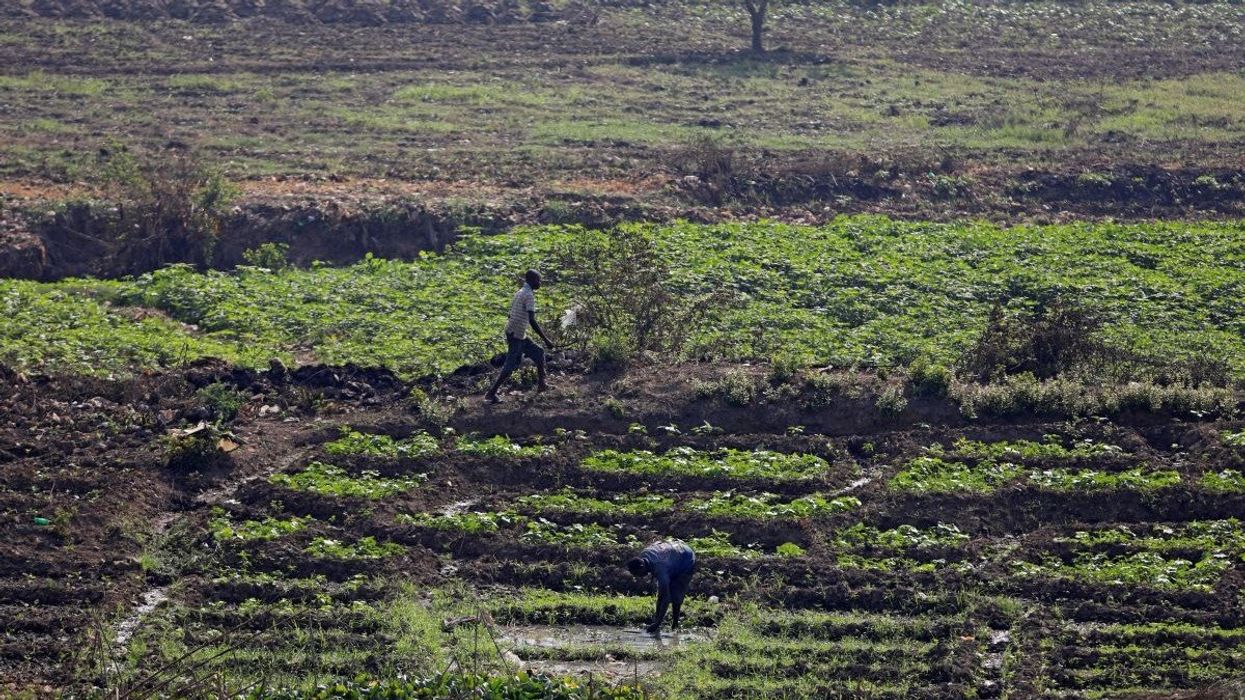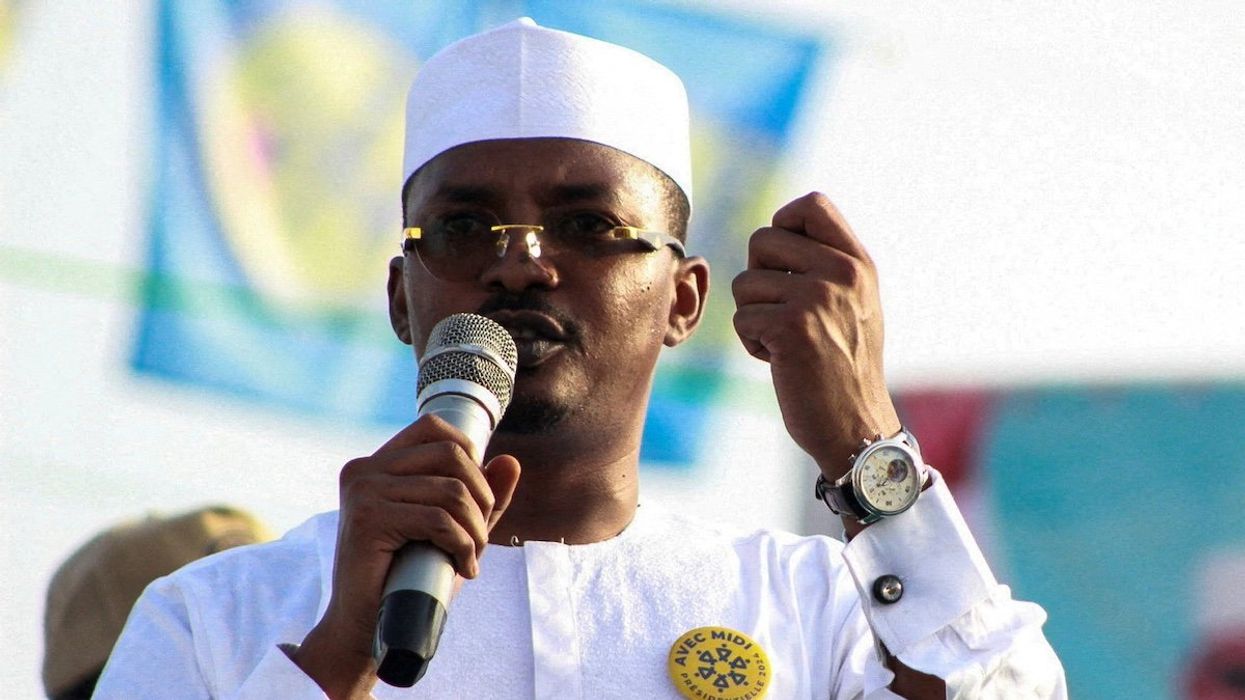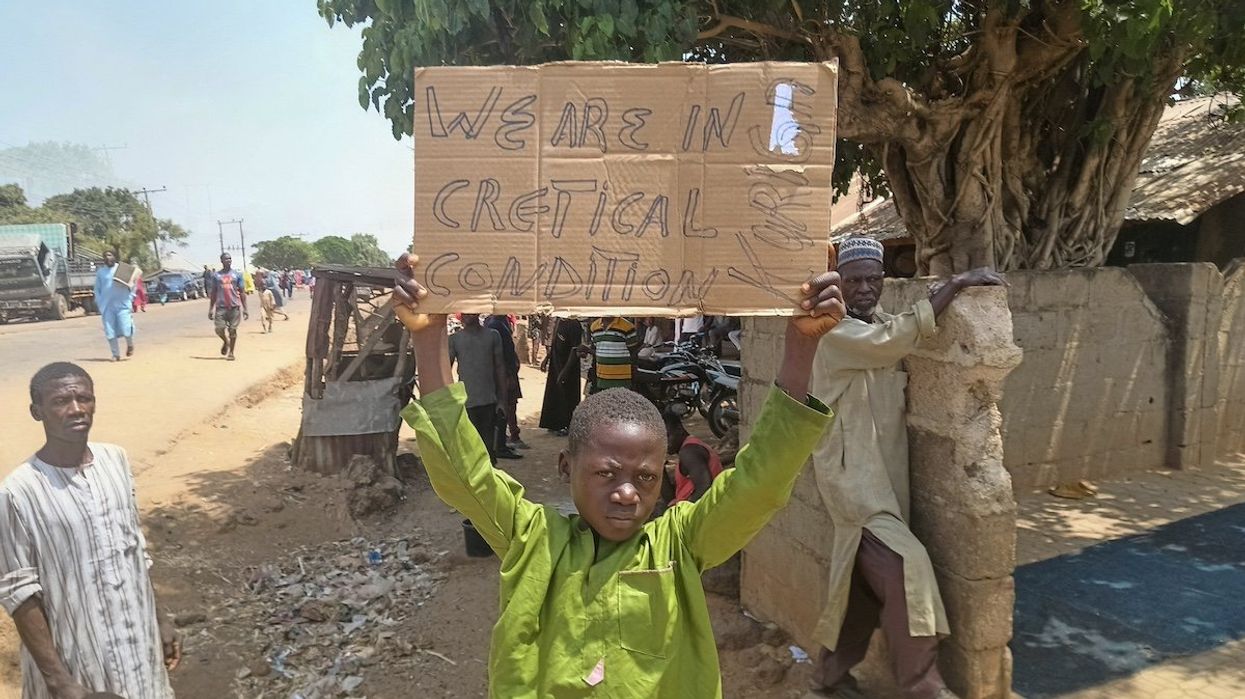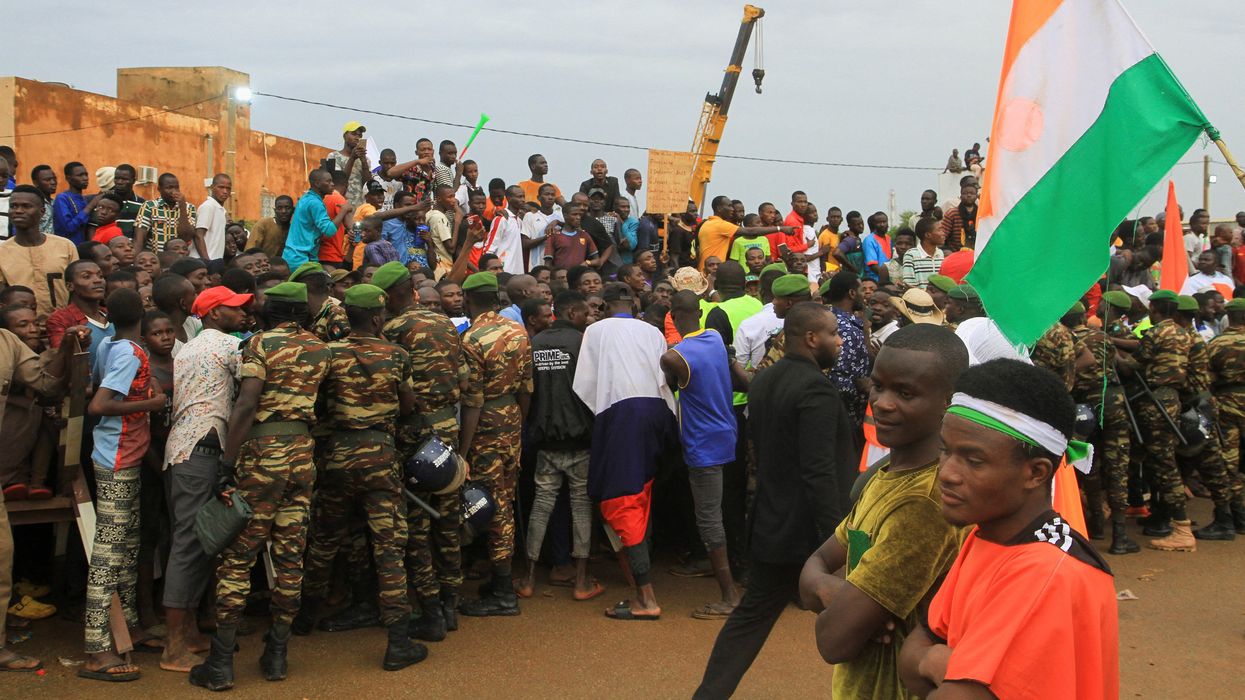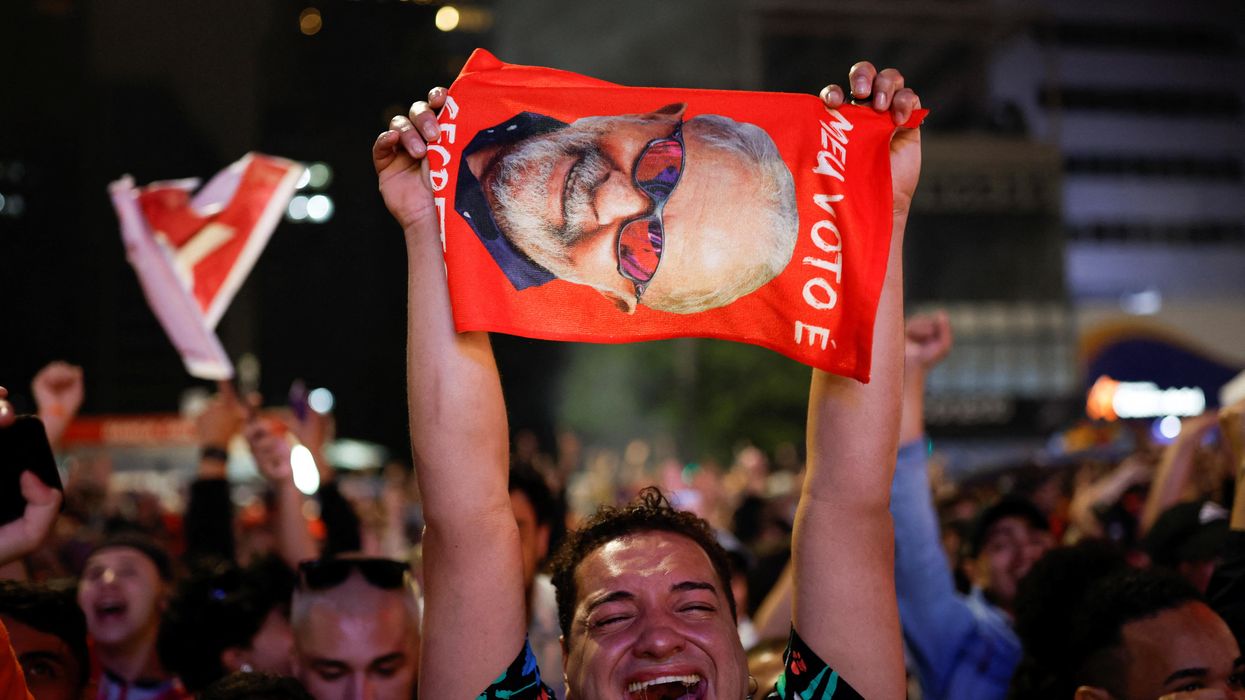GZERO World with Ian Bremmer Podcast
War and Peace in 2025, with Clarissa Ward and Comfort Ero
Global conflict was at a record high in 2025, will 2026 be more peaceful? Ian Bremmer talks with CNN’s Clarissa Ward and Comfort Ero of the International Crisis Group on the GZERO World Podcast.
Dec 20, 2025
